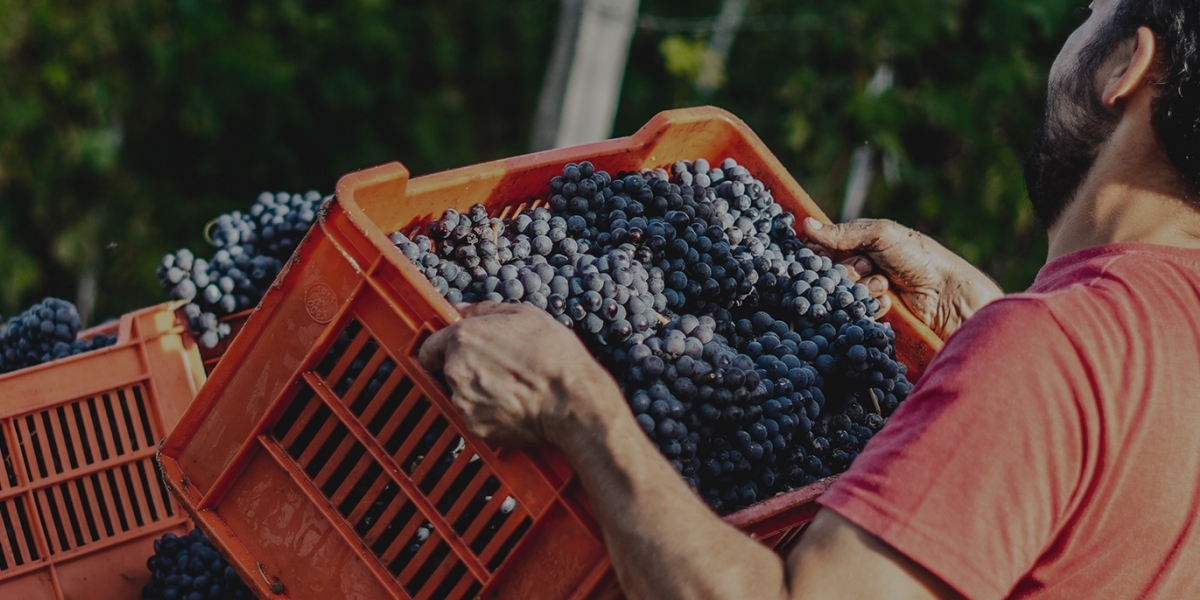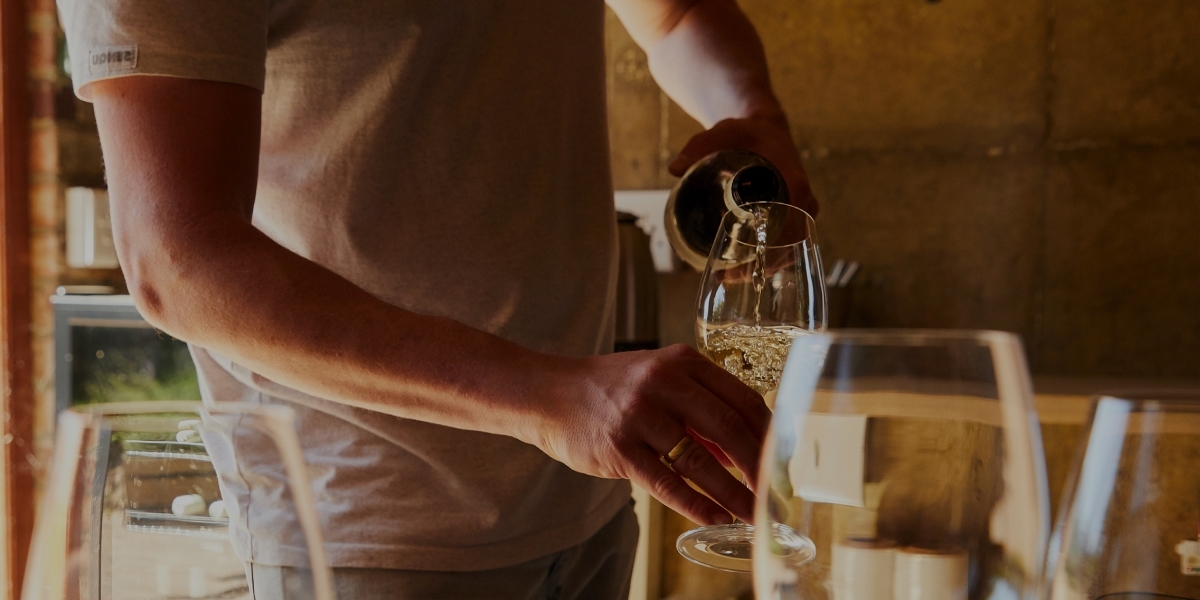
Under the Spotlight AUS: Treasury Wine Estates (TWE)
Raising a glass of wine has brought people together from ancient rituals to modern celebrations. Today Treasury Wine Estates is working hard to bring its drinks to the table. Let’s put it Under the Spotlight.

Sophisticated wine culture often comes with daydreams of relaxed summer days in the French countryside, or cosy winter nights by a fireplace. It’s rather an easy sell, even for those with little knowledge of the latest award winners. The reality can be a little less romantic, as brands are carefully crafted for specific customers and price points. It’s all part of Treasury Wine Estates’ ($TWE) ambitious plan to become the world’s most admired premium wine company.
The Australian wine industry is a relative newcomer on the world stage, but it’s made its mark in just over 200 years of history. Lindeman’s first vineyard in New South Wales’ Hunter Valley was established 1843, and Penfolds was founded on the outskirts of Adelaide in 1844. These are some of the oldest varieties in Treasury’s portfolio. The business was originally the wine segment of Foster’s Group and listed on the ASX in a 2011 demerger.
With consumers eager to compare different tastes, the team from Treasury has built a global footprint. Assets in California’s Napa Valley, the Marlborough district in New Zealand, the Bordeaux region in France and Tuscany in Italy provide tastes for all palates. The acquisition of multinational alcoholic beverage firm Diageo’s wine division for US$600m in 2015 was a key to the U.S. market. But Treasury’s recent experiences show you can never have too much diversification.

Bitter aftertaste
As relations between Australian and Chinese governments soured, China applied import duties ranging from 107% to 212% to Australian wines in November 2020. The nation’s growing number of affluent consumers with a particular interest in luxury wines were a prized target for many ventures.
In FY20, 23% of Treasury’s sales revenues and 42% of earnings before interest and taxes (EBIT) came from Asia, with China accounting for the vast majority of sales. The company had to return to the drawing board and a new strategic plan came to fruition in 2021. The team has since created Penfolds products grown in France and China to replace Australian imports. However, total sales volumes remain below original levels. A longer term plan to re-allocate some stock to other Asian locales is underway.
Treasury’s new blueprint involved reorganising its capabilities into three divisions in 2021: Penfolds, Treasury Americas (TAM) and Treasury Premium Brands (TPB). There’s been renewed interest in the U.S., the world’s largest premium wine market. In 2021, Treasury acquired Frank Family Vineyards for US$315m to complement their TAM offerings – and also divested commercial brands in the U.S. to focus on bottles priced over $10.

Ageing well
The company has doubled down on the ‘premiumisation’ trend in alcoholic drinks to sell higher quality goods for greater profits. The luxury Penfolds brand was responsible for 55% of EBITs in FY22 with profit margins between 40% and 45%, despite only being 9% of sales by volume. Meanwhile 60% of sales came from TPB, but with average margins in the teens the EBIT amounted to 13% of the total. The overall contributions from luxury and premium segments grew from 70% in H1 2019 to 85% in H1 2023.
However, shifting all focus to luxury wine production won’t necessarily secure Treasury’s future. This generally requires higher levels of upfront investment into large expenses such as vineyards, wineries and production equipment. Higher priced options are usually kept for longer after their harvest year, known as the vintage. Inventory volumes increased 10% to over US$2b from H1 2022 to H1 2023, and their upkeep comes with costs. Treasury has taken steps to reduce risks across their activities. They source grapes from various geographies to release products throughout the seasons and proactively seek new clients. The transition away from China and into premium wines will take time. The group’s earnings in H1 2023 ($307.5m) were still below H1 2019 levels ($324.3m). Still, the emphasis on premiums might be their best defence against the declining number of overall wine drinkers.

Early harvest
Wine continues to lag behind beer and spirits, but Treasury has still been reaching non-traditional drinkers. The collaboration with rapper Snoop Dogg for the 19 Crimes brands and follow-up Cali Red range had great initial successes, but sales have slowed in recent months. New Penfolds bottles in China have QR labels that give access to animated emojis to use in social media messages. These customers could be a world away from the usual Penfolds Grange drinker.
There’s optimism around sparkling wines, with younger generations being particularly interested in celebrating experiences after the COVID-19 pandemic. But the trend of people drinking less and becoming more health conscious in recent years is real, and has Treasury making moves. Investing US$10m in low and no alcohol technology for FY23 suggests that their future selection and potential patrons will extend even further.
Treasury needs to stay ahead of changing consumer preferences to reach its ambitious goal. It’s still uncertain whether its stock price can become less reactive to Australia’s relationship with China. This should be a signal of the team’s success with their new strategy.
This does not constitute financial advice nor a recommendation to invest in the securities listed. The information presented is intended to be of a factual nature only. Past performance is not a reliable indicator of future performance. As always, do your own research and consider seeking financial, legal and taxation advice before investing.

